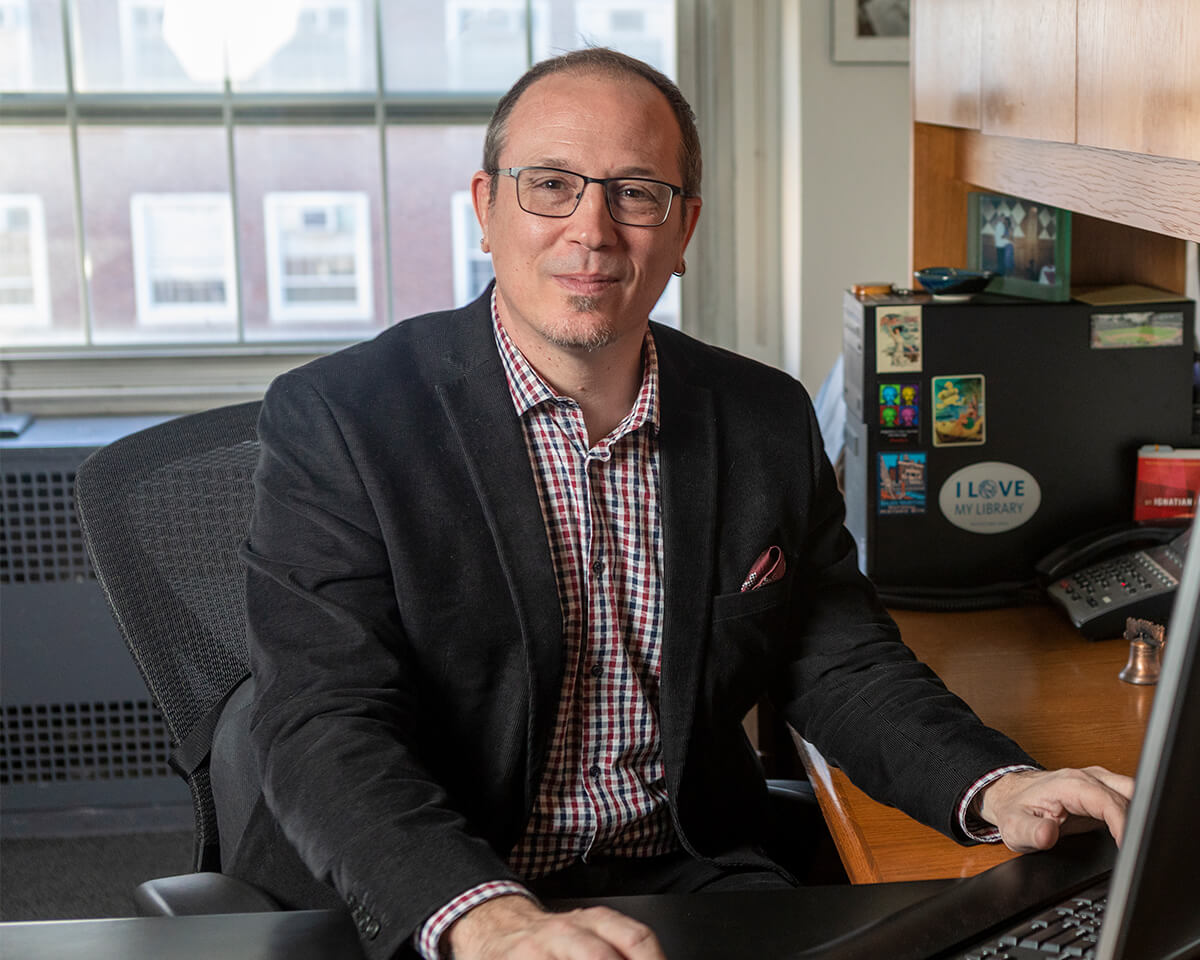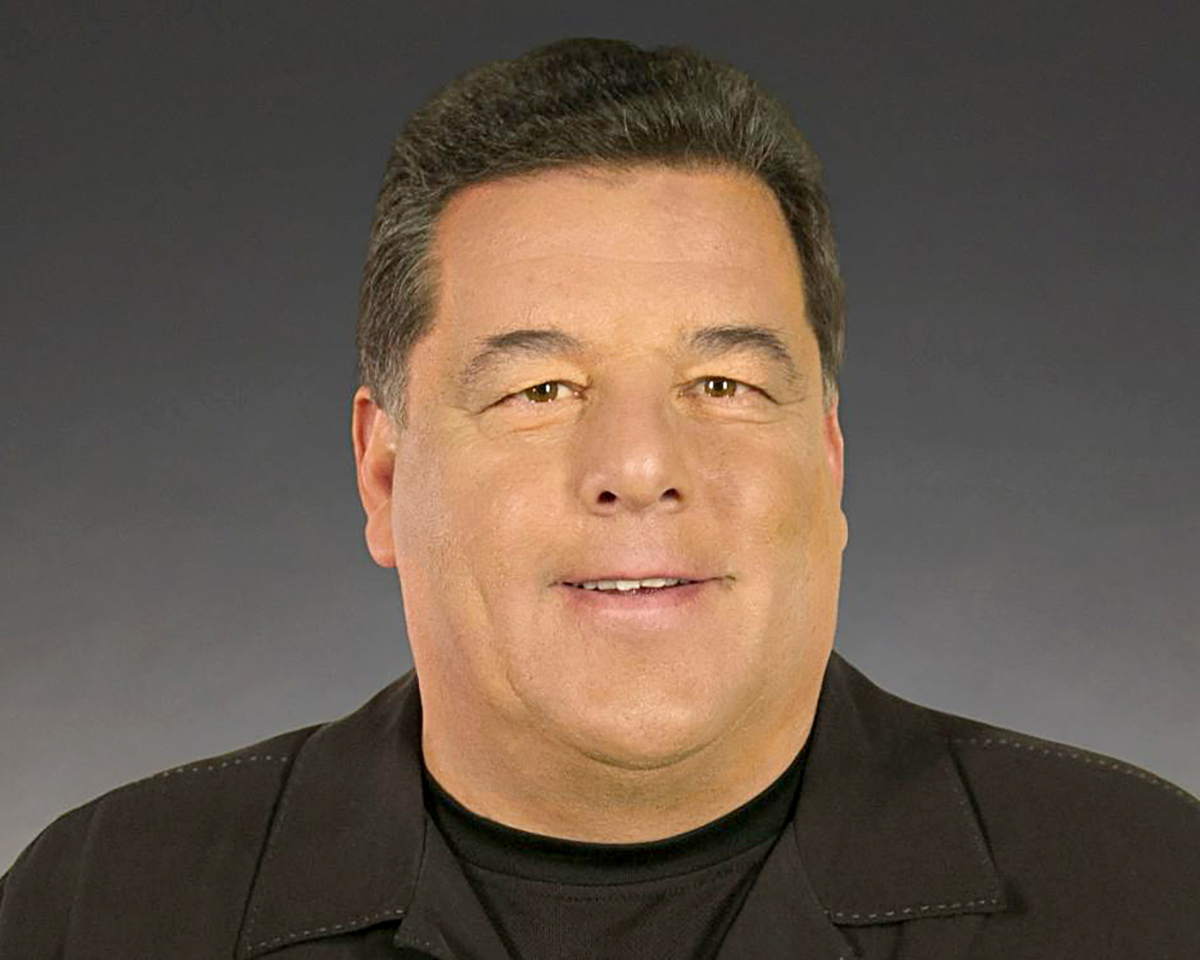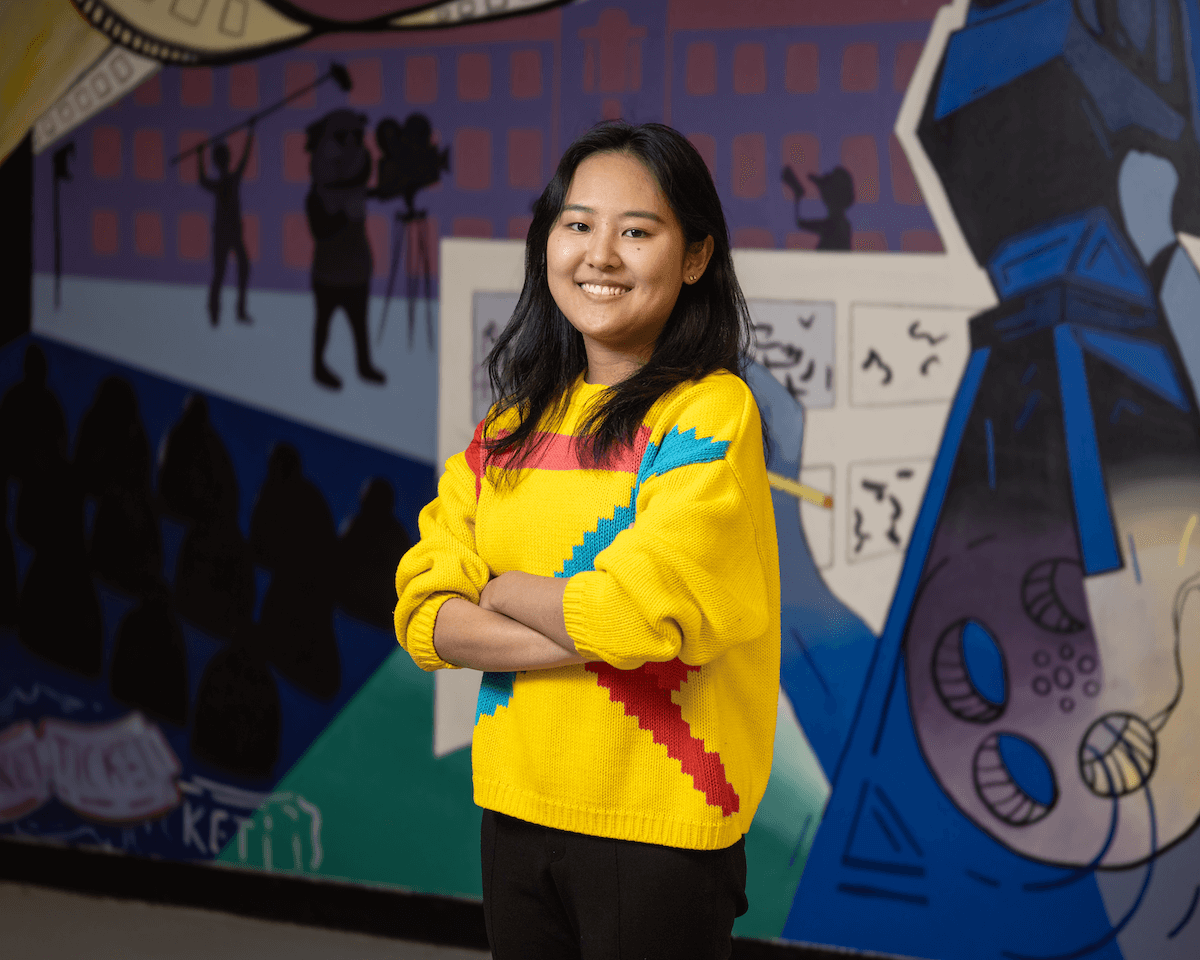As a student, Michael LoPorto ’04 became a peer tutor in the college’s Learning Center because “it was a way cooler survival job than working retail.”
He wanted to be a theater actor and director, but after graduating, getting married, and having a family, he thought about how challenging it would be to make a living in the field. He was also coming to an understanding—after taking a job as an adviser in the Center for Academic Advisement and Student Success—that he might have an additional calling.
“The more I worked in advisement, the more I realized that this was a job that could satisfy my soul and my need to pay for a mortgage,” says LoPorto, now the associate director of the Student Success Unit.
In his position, he heads a group called the Transfer Student Success Team—a unit generously funded in part by The Carroll and Milton Petrie Foundation—which offers personalized coaching, workshops, and a variety of other services to transfer students. He also runs the Student Success Connection Coach team, oversees DegreeWorks, and coordinates the college’s DegreeMaps.
You’ve been in the Brooklyn College family for more than 30 years now! How did your experiences as a student here shape the work you do today?
I was a terrible student! I was grateful to be here because I had so many other things going on. I would not have succeeded were it not for a former Brooklyn College dean, Kathy Gover, who mentored me and showed me different opportunities.
So this idea of how transformative CUNY can be, simply by making college accessible, is very real to me. I get how important it is for the college to be as proactive as possible in our outreach. I get—on a personal level—the need for connection and catered programming.
The college received funding for your team of transfer specialists in 2020. What has it been like building that team?
We got the original grant right before the pandemic and told students, “See you in a couple weeks once this pause is over.” Ha! Pretty quickly, we realized this had to be operationalized online, and funny how life works, but that turned out to be beneficial. That created a greater opportunity to engage with students that didn’t rely on them coming to our space at a certain time. It helped change the dynamics of how and when we engage our students. It changed the way we reach out to other colleges.
It’s been great building the team and seeing the satisfaction they get when a student graduates or finds that professor they were looking for. The team is made up of all CUNY graduates who understand that CUNY students live complicated lives. We’re here to smooth out the parts of their lives that we can.
You continue to work in the theater world. Do you see a connection between that world and your role in advising?
One of the pillars of theater-making is that everyone throws out ideas and you collaborate and respect everyone’s contribution. My experiences as a director leading casts and crews have helped me apply that here. I’m not afraid to tear something down and start again. That leads to innovation. We have to do that here sometimes to meet the needs of a new generation of students. It’s taught me the flexibility I need.



